Optimal Timing for Concrete Installations
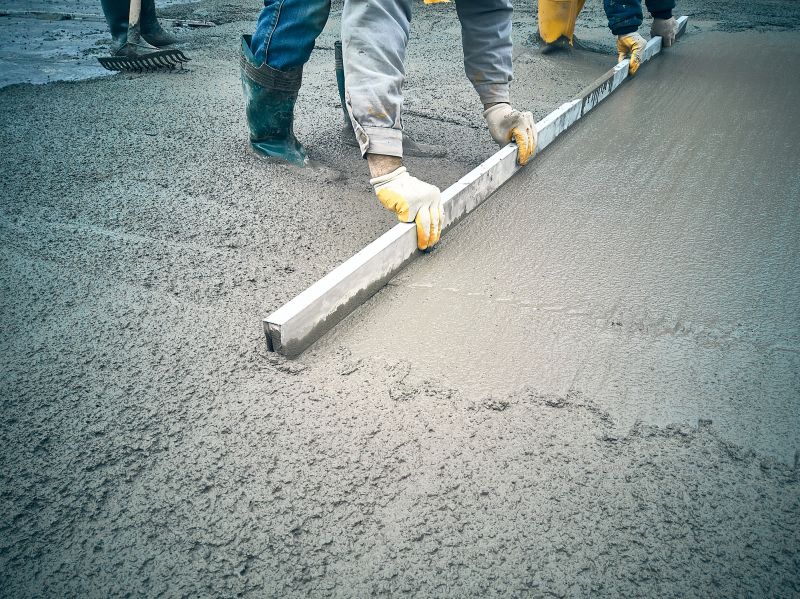
Spring offers moderate temperatures ideal for concrete curing, reducing the risk of cracks.
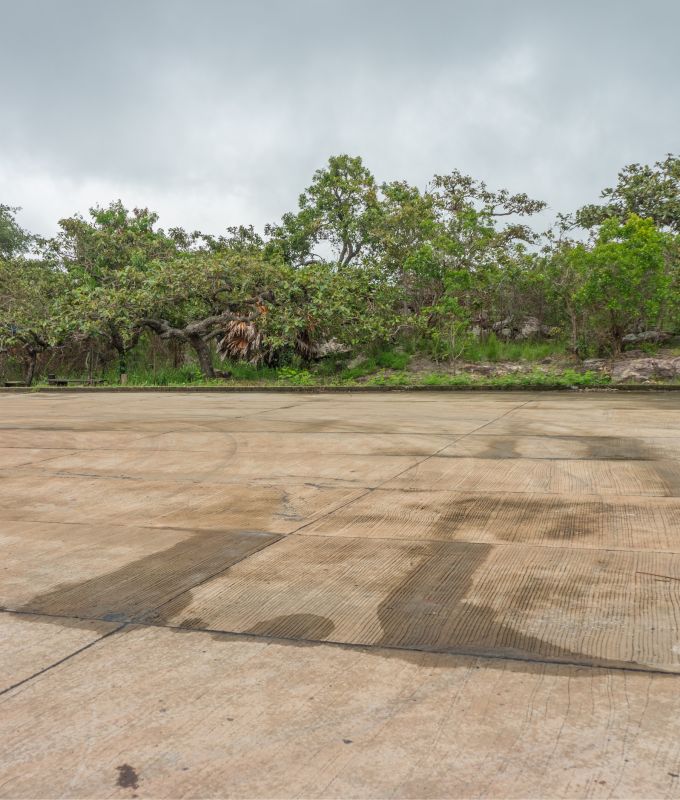
Warm, stable weather conditions promote optimal setting and strength development.
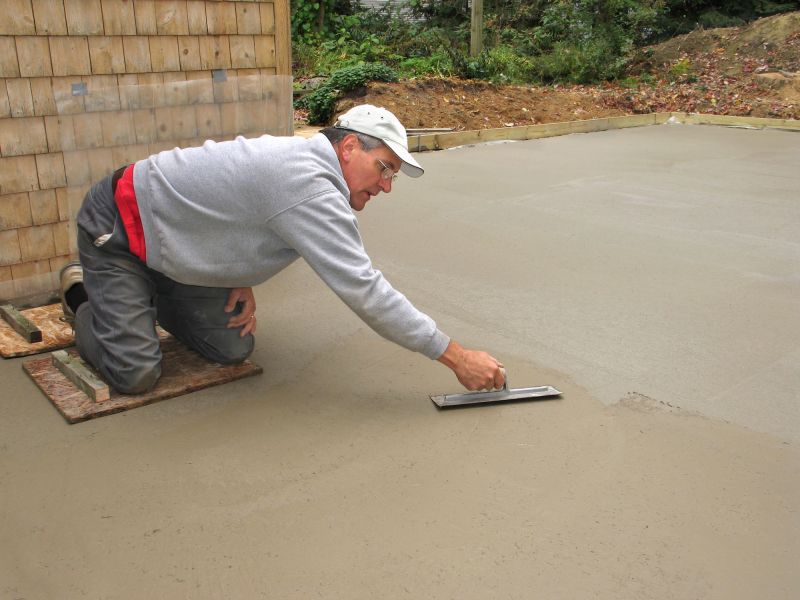
Temperatures are cooler and more consistent, minimizing issues related to rapid drying or freezing.
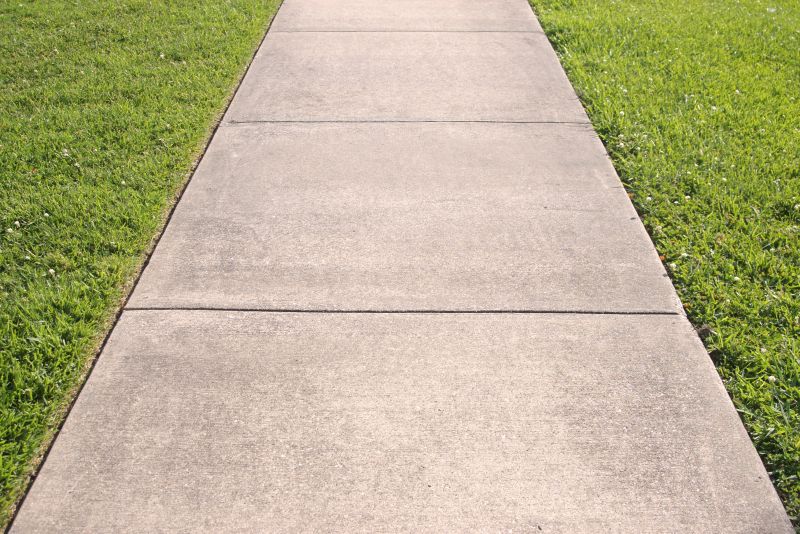
Ways to make Concrete Installations work in tight or awkward layouts.
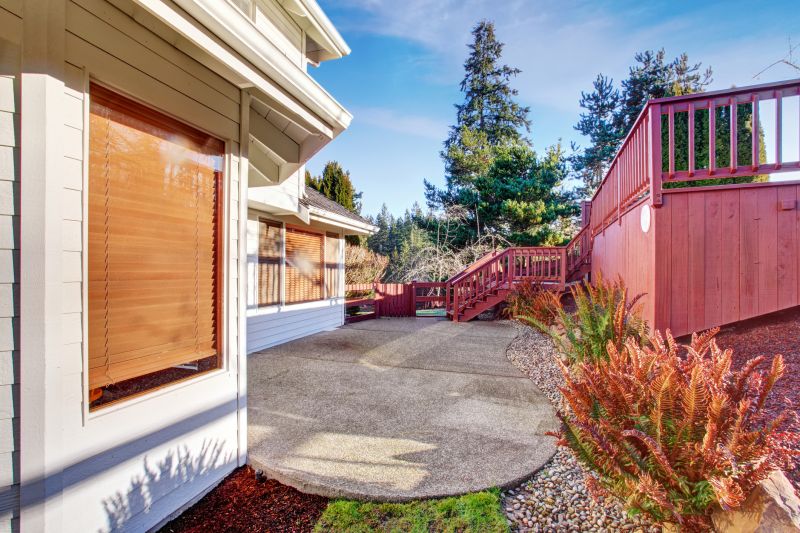
Popular materials for Concrete Installations and why they hold up over time.
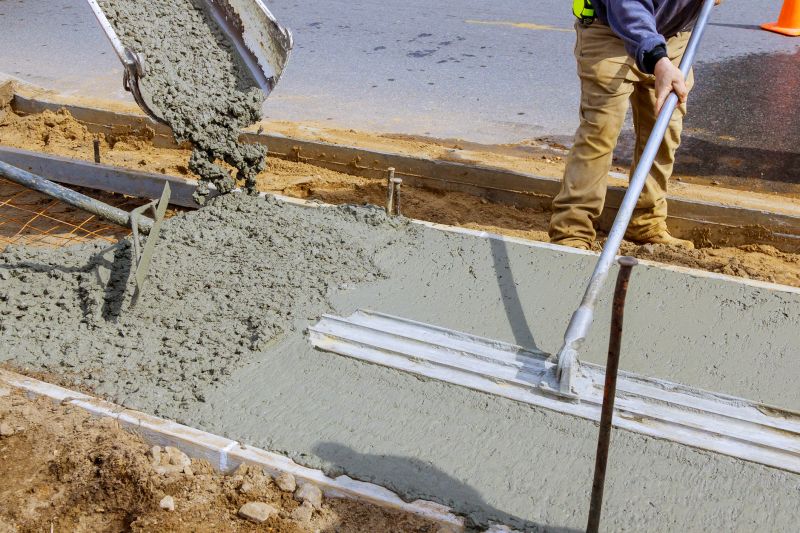
Simple add-ons that improve Concrete Installations without blowing the budget.
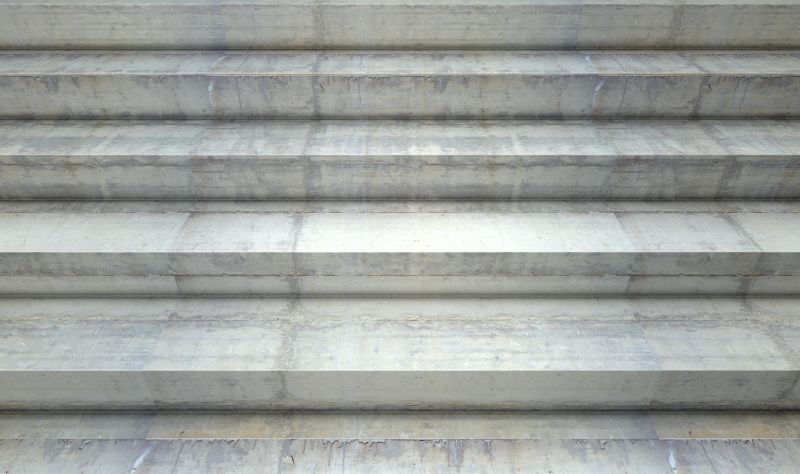
High-end options that actually feel worth it for Concrete Installations.
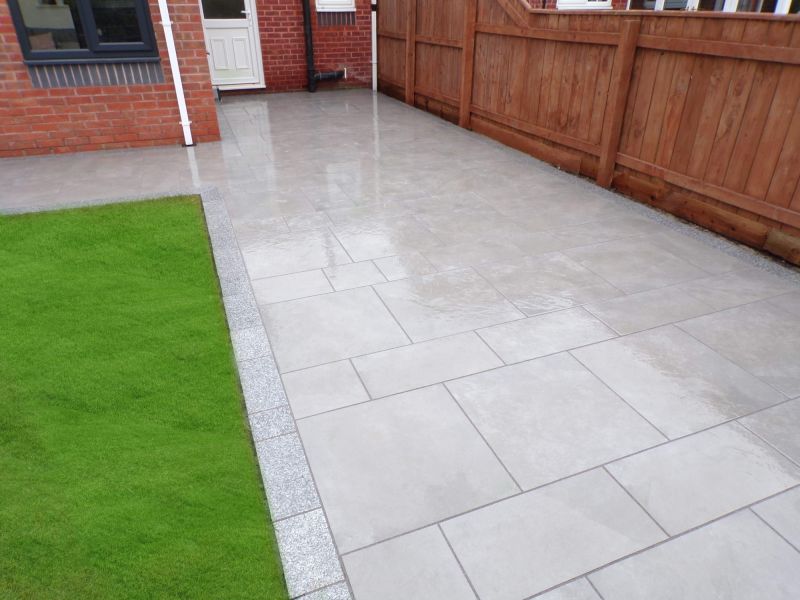
Finishes and colors that play nicely with Concrete Installations.
Concrete installations are essential for various structures, including driveways, patios, and walkways. Proper timing ensures durability and longevity. In climates like Illinois, avoiding extreme cold or heat during installation is crucial for optimal results.
Ideal temperatures for concrete placement are between 50 and 85 degrees Fahrenheit.
Rain, freezing temperatures, and extreme heat can compromise concrete integrity if not properly managed.
Curing typically takes at least 7 days, with longer periods recommended in cooler weather.
Spring and fall generally provide the most stable conditions for concrete work.
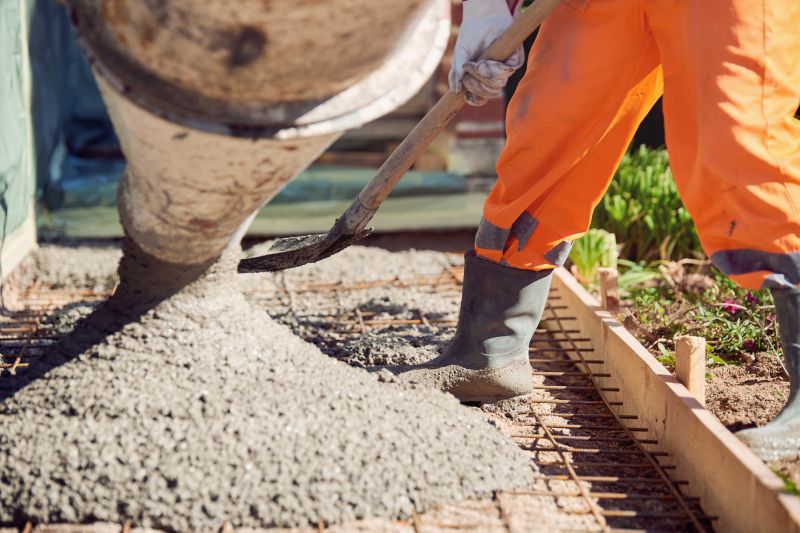
Spring offers moderate temperatures conducive to proper curing and setting.
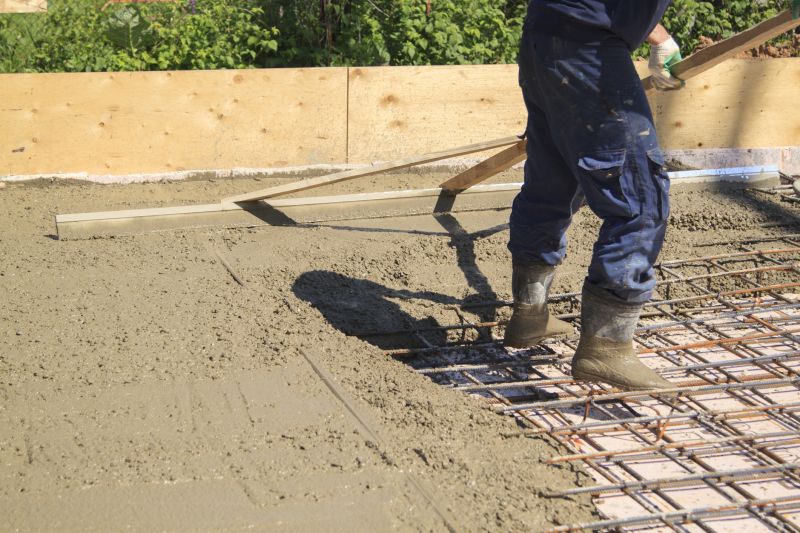
Early morning or late evening work minimizes heat-related issues.
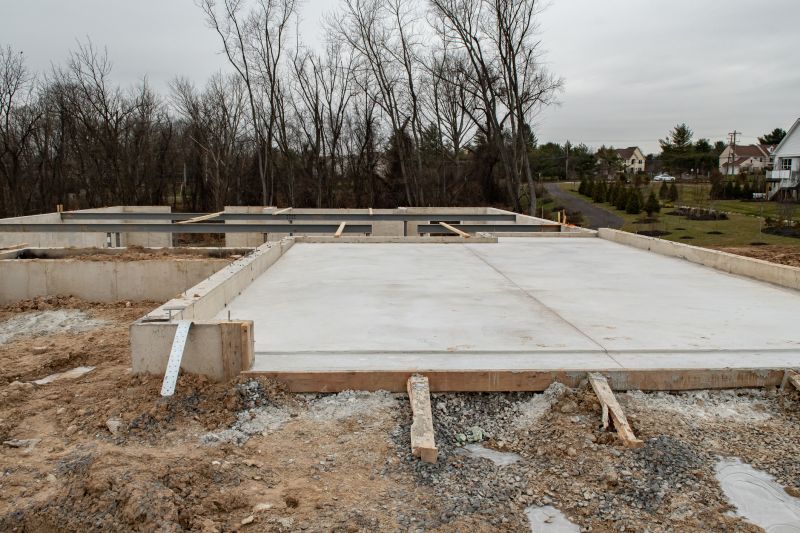
Cooler temperatures help prevent rapid drying and cracking.
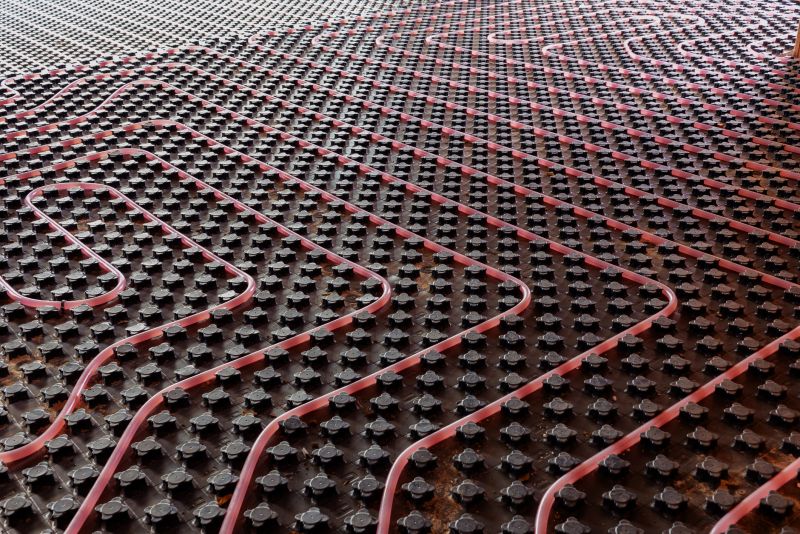
Concrete installation in winter requires special techniques like heated enclosures or additives.

Little measurements that prevent headaches on Concrete Installations day.

A 60-second routine that keeps Concrete Installations looking new.

A frequent mistake in Concrete Installations and how to dodge it.
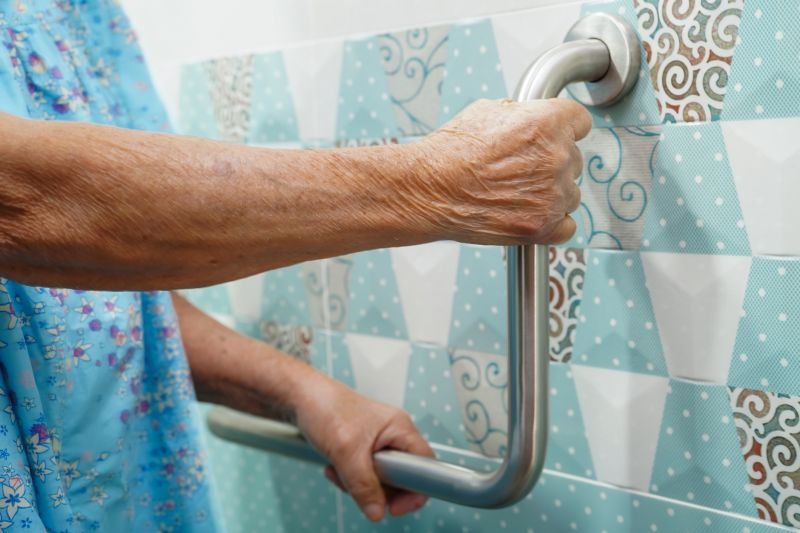
Small tweaks to make Concrete Installations safer and easier to use.
| Season | Ideal Temperature Range (°F) |
|---|---|
| Spring | 50-70 |
| Summer | 70-85 |
| Fall | 50-70 |
| Winter | Below 50, with precautions |
Understanding the best timing for concrete installations can significantly influence the durability and appearance of the finished surface. Proper scheduling during favorable weather conditions minimizes risks such as cracking, surface scaling, or inadequate curing. Consulting local weather patterns and planning accordingly can lead to successful concrete projects in Plainfield, IL.
